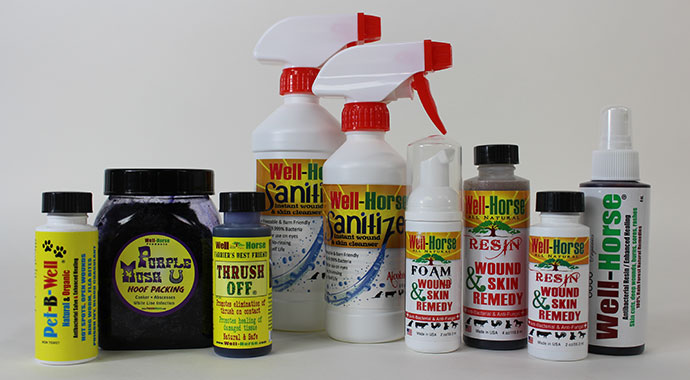Your horse is not acting right, so you call your veterinarian. After examining your faithful steed, he makes some recommendations. One of the diagnostic tools he needs is a complete blood count, or CBC. You say “sure, go ahead” but inside you are wondering if this is really necessary. Why is a CBC important and what type of information can we learn from this blood test?
The CBC is one of the most common blood tests and can provide several key insights into your horse’s health. It can help detect common blood diseases and disorders, such as anemia, infection, clotting problems, parasitism, blood cancers, and immune system disorders. Several parts of your horse’s blood are examined including the red blood cells, white blood cells, platelets, hemoglobin levels, and hematocrit.
Red blood cells (RBCs) carry oxygen from the lungs to the rest of the tissues in the body. Abnormal red blood cell levels may indicate anemia, dehydration, internal bleeding, or other blood disorders. Evaluation of the red blood cells include evaluating the number of RBCs circulating in the bloodstream as well as determining cell morphology, which is an evaluation of the size, shape, and color of the cells. Abnormalities in cell numbers and morphology are important clues that your veterinarian will interpret to evaluate your horse’s health.
White blood cells (WBCs) are a part of the body’s immune system that help fight infection and disease. Abnormal white blood cell levels may indicate infection, parasitism, immune system disorders, or blood cancer. Evaluation of the white blood cells may include a differential, which counts the different types if white blood cells circulating in the blood. Changes in the numbers of each type of white blood cell often indicate different disease processes and are important to your veterinarian when determining if infection or disease process is present.
Platelets are part of the blood that help form clots. The CBC will measure the number of platelets present in the blood. A low platelet count may indicate some type of bleeding disorder.
Hemoglobin is an iron-rich protein in the blood that carries the oxygen. The hemoglobin level determines the ability of the red blood cells to carry oxygen. Abnormal hemoglobin levels may indicate anemia or some type of blood disorder.
The hematocrit or packed cell volume measures the percentage of the blood that is occupied by the red blood cells. A low PCV or hematocrit may indicate anemia. A high PCV or hematocrit may indicate dehydration.
This simple blood test provides a tremendous amount of information that your veterinarian will use to evaluate your horses’s overall health and help him give you the best recommendations to keep your faithful friend as happy and healthy as possible.




